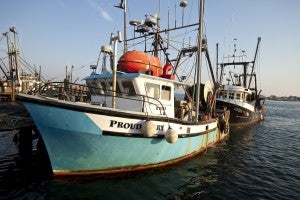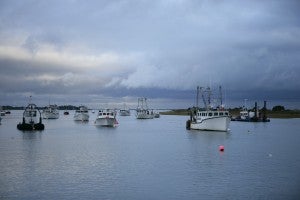By: Emilie Litsinger & Lito Mancao (Director, Technical Operations, Rare Philippines)

Photo: Rare Philippines
The communities of Tinambac and Cantilan recently approved the first ever TURF+Reserve designs in the Philippines. This accomplishment follows months of hard work by the Fish Forever team and our talented on-site coordinators, and collaboration with the local government units, village leaders, key agencies, and, most importantly fishers, and community members.
This effort is part of the Fish Forever (FF) program: a collaboration of EDF, Rare, and the Sustainable Fisheries Group at University of California Santa Barbara (UCSB) that empowers fishing communities in the developing tropics to manage their near-shore fisheries with a proven, sustainable management approach called TURF+Reserves. In the Philippines, the goal of FF is to create a network of TURF+Reserves both within municipal waters (0-15km) and between adjoining municipalities.
These are historic milestones for the communities of Tinambac and Cantilan for many reasons. Engaged communities and fishers laid the groundwork for sustainable fisheries management by working through and discussing their options to land on a design that works for them and meets their needs. Read More











